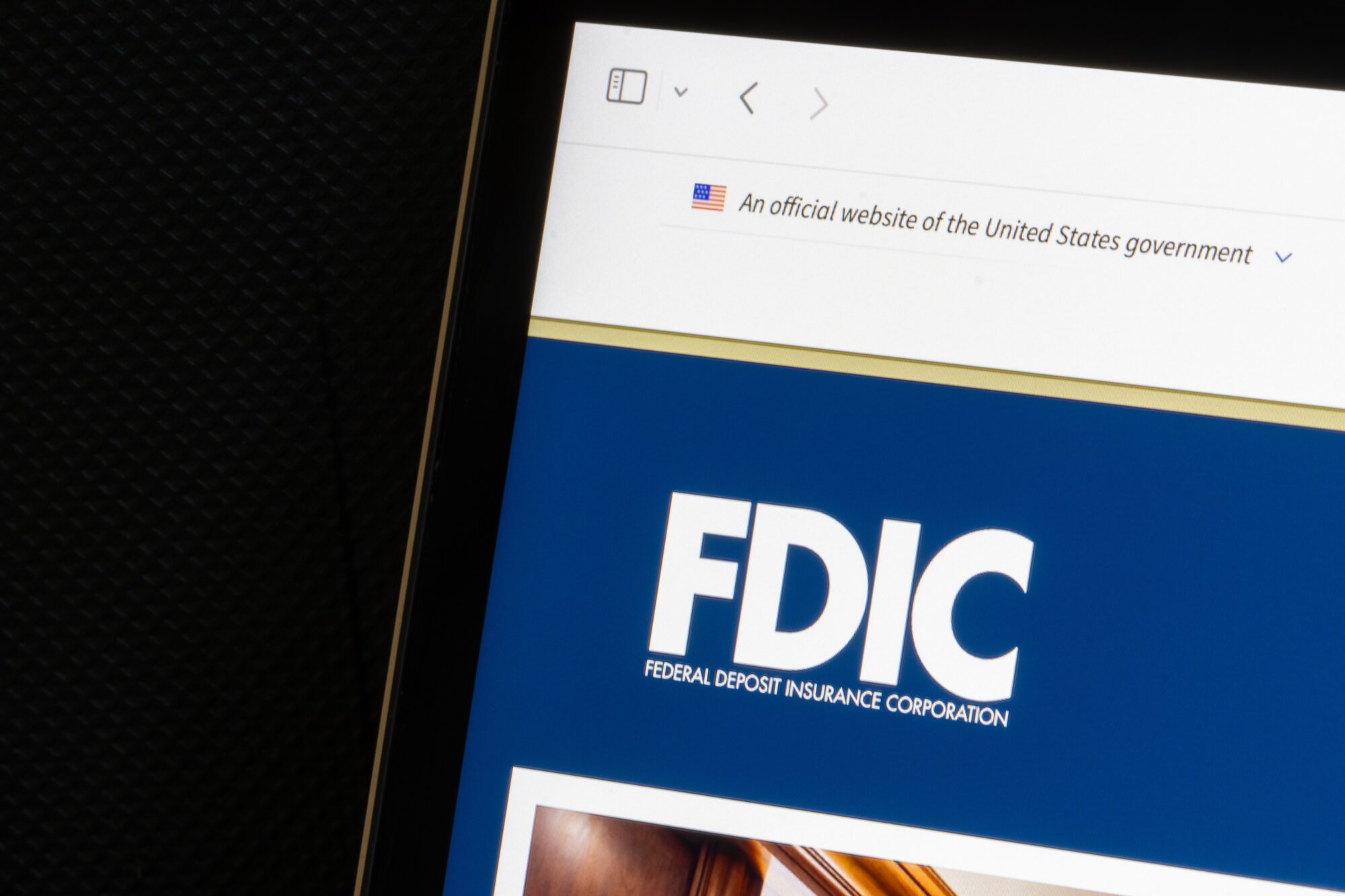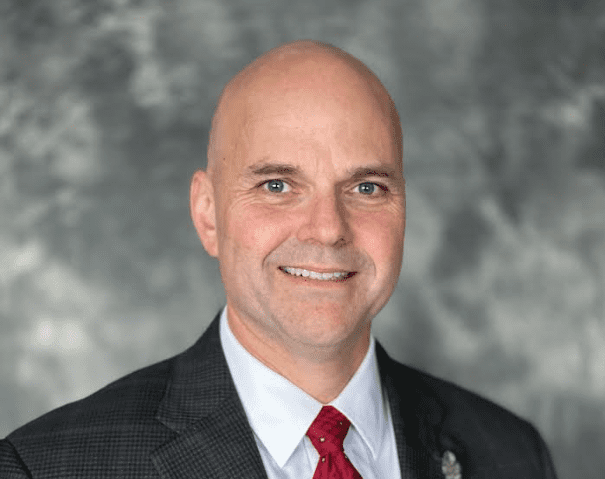
(Photo from Shutterstock)
- Now is the time to modernize deposit insurance through the Hagerty/Alsobrooks Amendment, writes the CEOs for Cadence, Hancock Whitney, Renasant, and Trustmark banks.
Mississippi’s banks are pillars of strength in their communities, and now we have the opportunity to make them even stronger.
When most people think about “banking insurance,” they picture their personal checking or savings account. The FDIC promise of up to $250,000 in protection for individual checking accounts is widely known and well-trusted. But what many don’t realize is that countless small businesses, nonprofits and community organizations depend on a different kind of account—non-interest-bearing transaction accounts—to run payroll, pay vendors and keep their operations moving and businesses open.
Right now, the money in those accounts isn’t always fully protected. That means the funds a restaurant uses to pay its cooks and servers, or the reserves a nonprofit keeps for community programs, could be at risk if their bank fails.
The Hagerty/Alsobrooks Amendment, which is currently being considered by Congress, would rectify this gap by extending deposit insurance to cover those everyday business accounts. It’s a simple change with powerful impact: peace of mind for the people who create jobs and serve our communities.
In addition, our current deposit insurance framework—designed for a pre-digital era—is inadvertently driving deposits out of local and regional banks, and into the hands of a few “too-big-to-fail” giants. The result is more concentration, decreased competition, less local service and greater systemic risk. America’s banking system faces a structural problem that can no longer be ignored.
The Hagerty/Alsobrooks Amendment offers a pragmatic, bipartisan remedy that both helps Main Street businesses and protects Main Street’s banks. By extending FDIC insurance coverage to non-interest-bearing business transaction accounts, up to $20 million at banks under $250 billion in assets, the amendment protects the very accounts that fund payrolls and keep America’s Main Street businesses running. It is narrowly tailored, funded entirely by banks through risk-based premiums and costs taxpayers nothing.
The benefits are clear:
- Narrowing the competitive gap. Mega banks already enjoy an implicit guarantee, due solely to their size, that draws deposits their way. The proposed amendment moves all banks in Mississippi and across the country closer to parity with the largest banks, allowing them to compete on service and relationships, not just perceived size and safety.
- Protecting jobs and paychecks. Payroll and operating accounts will no longer be exposed, ensuring workers and small businesses aren’t left vulnerable in moments of stress. By protecting only non-interest-bearing transaction accounts—used for payroll and day-to-day expenses—the amendment discourages the potential of risky behavior by banks and depositors.
- Restoring customer choice. Businesses shouldn’t have to choose a bank solely based on size to feel secure. This reform allows them to choose the institution that knows their customers and how to best serve their community.
- Strengthening local lending. Mid-size banks put roughly three-quarters of deposits back into loans for families and small businesses—far more than the largest banks. Keeping these deposits local and in Mississippi fuels growth across every congressional district and strengthens local economies.
- Reducing systemic risk. By stabilizing deposits at a wide range of institutions, the country avoids funneling even more of the nation’s financial resources into a handful of mega banks—making the system safer for everyone.
This isn’t about bailing out banks. It’s about protecting the people who keep our economy alive. Business owners shouldn’t have to lie awake at night wondering if the money they set aside for paychecks is safe. Workers shouldn’t have to worry that their Friday deposit will bounce because of a bank failure no one saw coming. The Hagerty/Alsobrooks Amendment makes sure that doesn’t happen.
Congress has a rare and real chance to take proactive action, not be reactive in the middle of a crisis. The last time deposit insurance coverage was expanded meaningfully was more than 15 years ago. Since then, banking has gone digital, deposit withdrawal runs on banks can happen in minutes, and the systemic vulnerabilities are well known. The Hagerty/Alsobrooks Amendment is a measured, bipartisan response whose time has come.
It’s not about Wall Street—it’s about Main Street. It’s about ensuring that the local banks fueling job creation, small business growth and community resilience can continue to compete, lend, and thrive. As mid-size banks, we, Cadence Bank, Hancock Whitney, Renasant, and Trustmark, urge Congress to seize this moment, protect our economy and further strengthen America’s financial foundation by passing The Hagerty/Alsobrooks Amendment.








